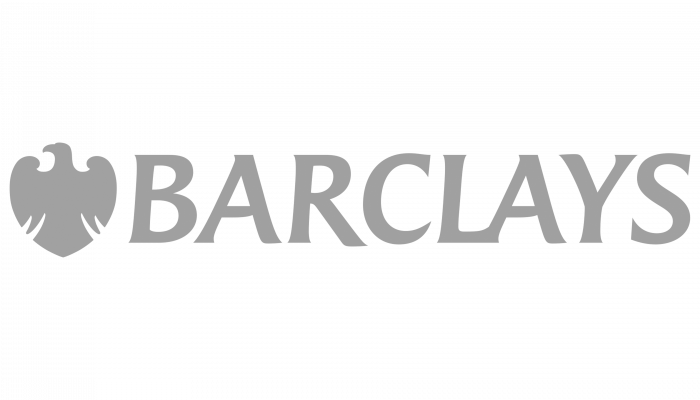The buying of property to let has been very popular and extremely lucrative for thousands of people in the UK over the last four decades. Changes in Government policy over the last few years has reigned-in investment by high rate taxpayers, but there are still many advantages to be had by investing in the buy-to-let market.
For those still contemplating and investment or existing landlords, one of the most critical things required of the property owner is to quickly start generating a rental income.
Here we list 10 things you should consider doing to enhance your return on capital:
- Buy the right property in the right area. This might seem obvious, but many people get this wrong. Like all businesses, you should be identifying a strong demand before investing. Two-bedroom flats in one area (for example, trendy apartments for young professionals in major cities) might be let easily. But the same property in suburbia might be less popular. The demand might be for houses or houses in good school catchments. Know your market and buy to suit.
- Avoid ‘bad quirky’. Many of us like characterful buildings, but buying a property with outdated kitchens, no parking, house bathrooms that you have to access through the spare bedroom and other odd arrangements will automatically make it harder to let it.
- First impressions count. Make sure that the property is well presented, clean, odour free and well aired. In the same way that you would always make the effort to present your home at its best before the sale, make sure your investment property is appealing to potential tenants.
- Decorate for the many, not the few. Lots of investors get stuck in the trap of decorating and even furnishing their investment property as if they were going to live there. Tastes differ - a lot, and because you like deep purple walls and tiled floors does not necessarily mean that the majority of potential tenants will. Decorate in neutral tones.
- Don’t be greedy. Rent, whilst important, is not the only thing to consider when you’re a landlord. If it takes you 5 months to let property at a slightly higher rent, the costs of the void period will vastly outweigh the extra rent you have negotiated. Know the market and aim for the market rent.
- Consider the whole picture. A trouble-free life is worth a lot and that extra £50 a month you might squeeze out of someone at the start of the lease may prove insignificant if he becomes ‘the tenant from hell’. A tenant’s willingness to pay a larger deposit, offer excellent references or rent guarantees from an employer, a desire from the tenant to stay for a good while, etc.
- Find the right mortgage. Investors buying residential property must have a special type of mortgage known by many as a ‘buy to let mortgage’. As with all mortgages, make sure to choose one that offers you good value and flexibility. Also, loan availability will be contingent on certain criteria. For example, some mortgagees will not offer loans on flats over a certain floor level.
- Use a good letting agent. Finding a good, specialist letting agent will make the process of letting your property so much easier. He should deal with all the administrative processes, such as checking a prospective tenant’s bank and personal references through to compiling an inventory and drawing up the tenancy agreement. They can also manage viewings on your behalf.
- Be flexible. Many people looking to rent a property can be in transition. They may be recently divorced, or have moved into an area for a new job. Some might have children, pets or special requirements. Sometimes, knowing what’s important to a prospective tenant can enable you to help them get what they want on your terms.
- Keep it personal. Whether you let the property yourself or you use an agent, make sure to maintain a courteous, professional relationship with your tenant. If problems occur, such as a leak or boiler breakdown, a level of goodwill between you and your tenant can help to avoid a breakdown in communications and further hassles down the line.
Related articles:
Recent posts
Skipton Building Society launches ‘Delayed Start’ mortgage meaning first time buyers won’t be required to make repayments for the first three months.
According to a survey by Skipton, first time buyers who bought their home in the last five years found that in the first three months of living there, they were spending upwards of £30,000.
Gardening Tips for Beginners
5 days ago
If you have recently moved into a property with a garden that requires a little TLC, or you’d like to get on top of your current green space, check out our tips.
The Family-Backed Mortgage from NatWest
8 days ago
High street lender, NatWest, have launched a new product to help first-time buyers purchase a property with assistance from a family member or friend to get them on the property ladder sooner.
‘Buy Now, Pay Later’ (BNPL) schemes, such as ‘Klarna’ are short-term loans that allow shoppers to make a purchase, but delay paying for it for an agreed amount of time.
Klarna is one of the most popular BNPL services with 18 million customers in the UK alone, and offers interest-free payment options which is appealing to shoppers. However, does it affect a mortgage application?
Buy to Let mortgages: what's happening?
14 days ago
We look at how to get the best Buy to Let mortgage rate, what's in store going forward, and options as a landlord with increasing costs.
UK mortgage rates following Trump’s Tariffs
23 days ago
Throughout this past week, lenders have continued to reduce their mortgage rates giving borrowers in the UK some welcome news following the change in global tariffs under US President, Donald Trump.
Effective ways to relieve stress
23 days ago
Did you know that buying a house, or relocating is in the top 10 most stressful life events?
Stress of course is an unavoidable part of life and there are many reasons why people experience stress, not just buying a house!
There are lots of effective ways to manage and reduce stress, check out our tips to help you.
With the stamp duty relief ending in England and Northern Ireland, we have listed the top 10 cheapest areas for first-time buyers as published by Rightmove.


























